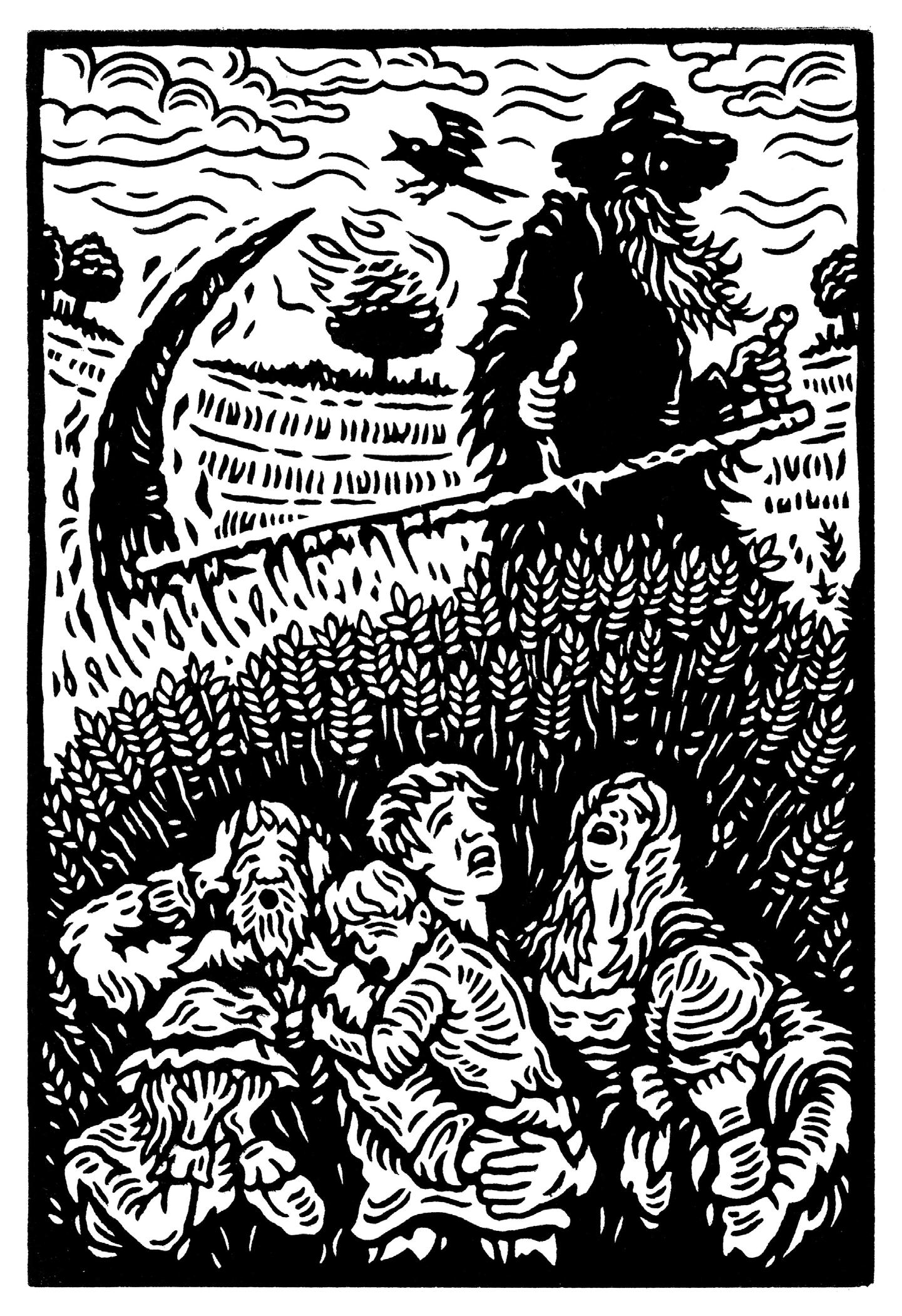
8 minute read
Damnable Tales: A Folk Horror Anthology
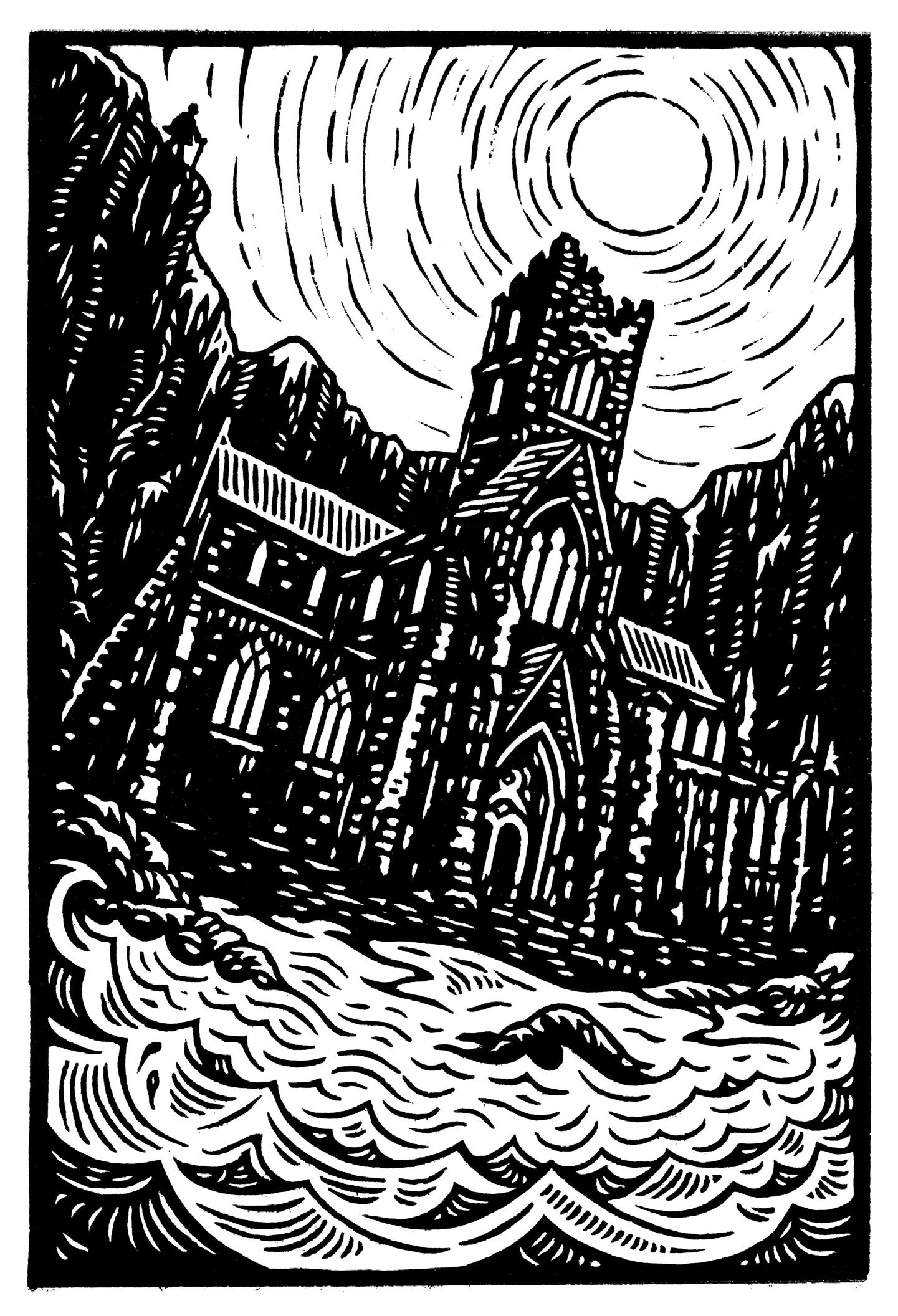
12
Advertisement
© Richard Wells
13
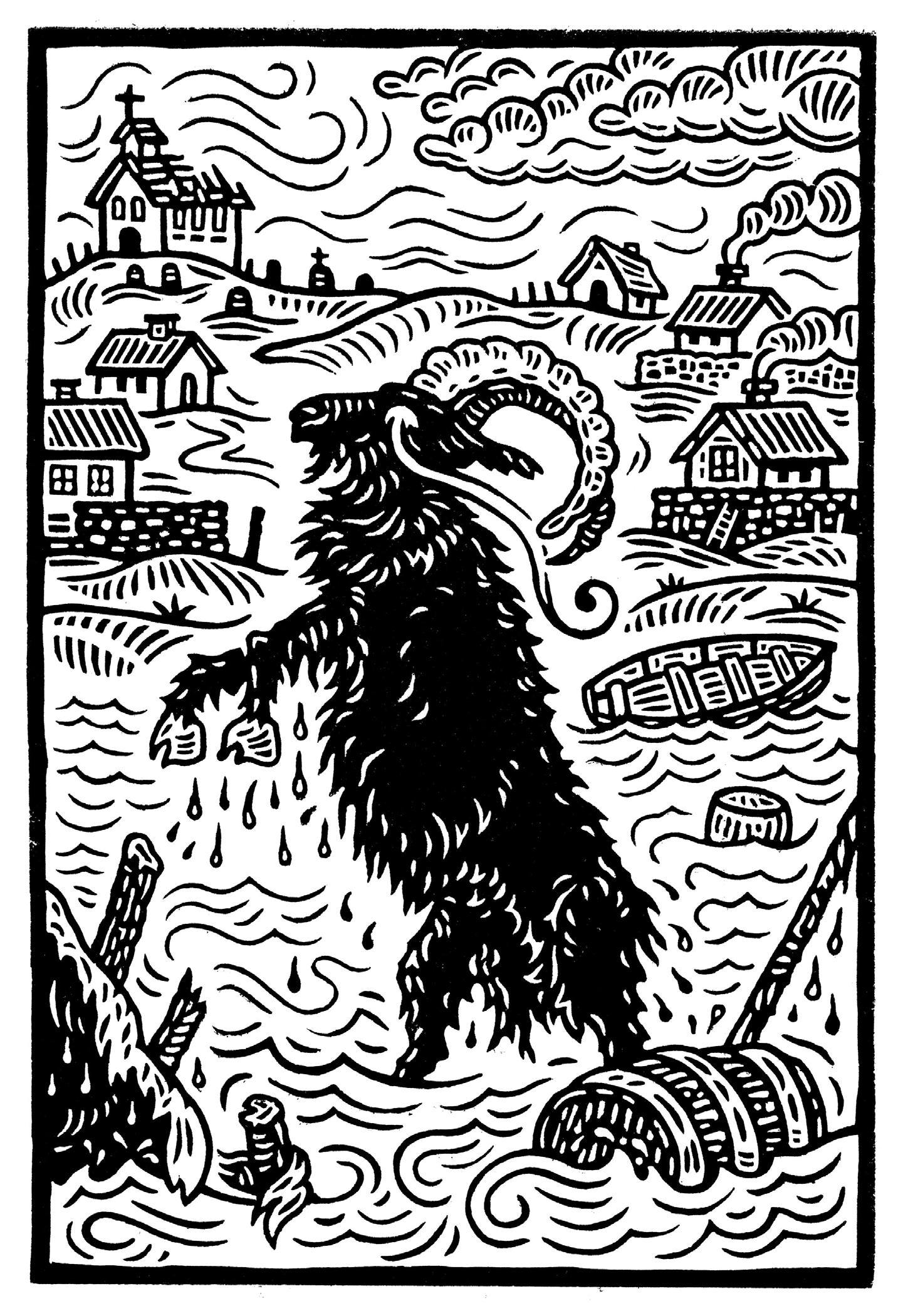
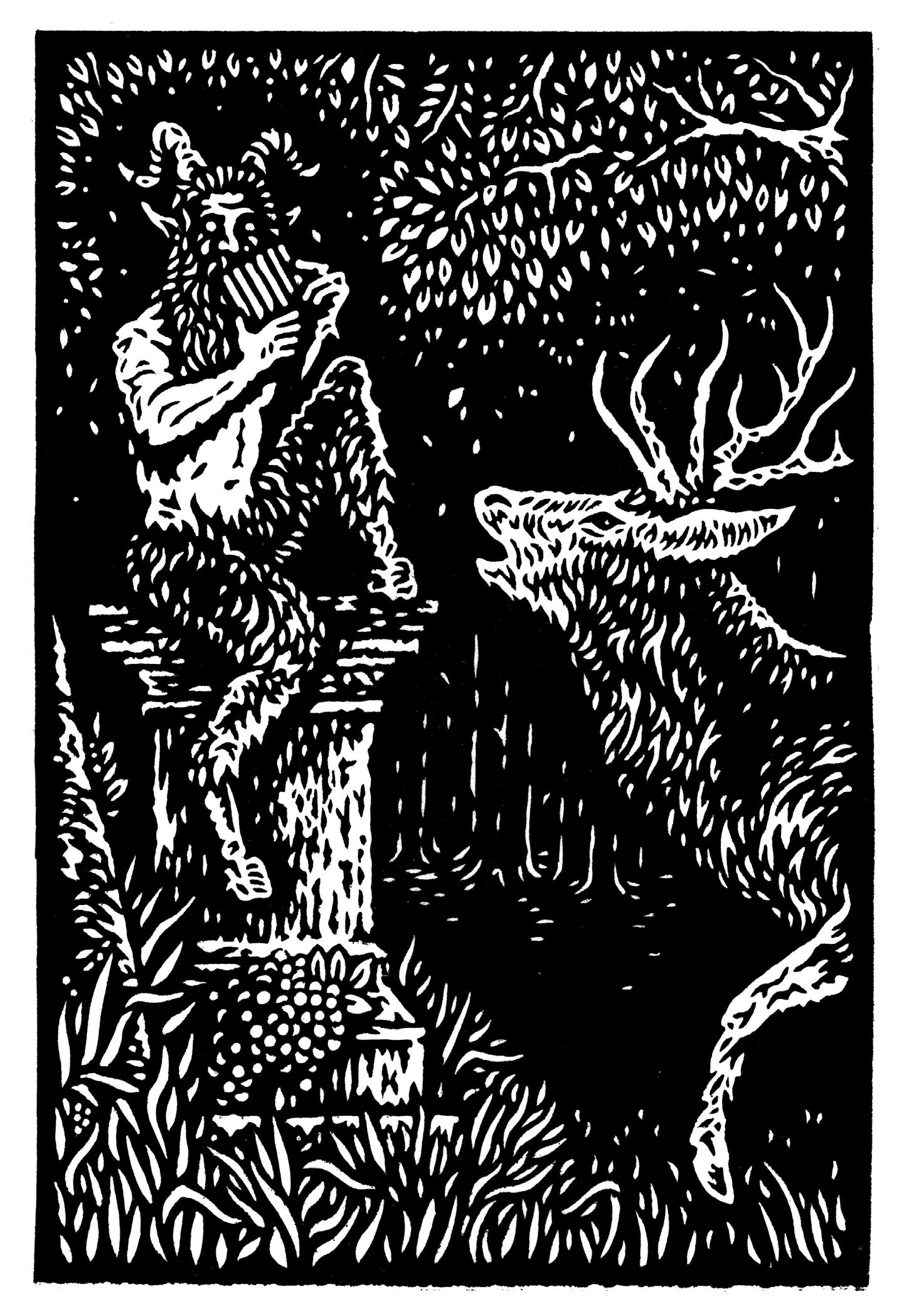
14
© Richard Wells
Find Damnable Tales on page 82 15
GAME ON
Sue Anstiss has worked in the sports sector for the last thirty years, but as those years have passed, she’s become increasingly concerned about its massive gender disparity. Game On follows Sue’s journey as she talks to high-profile Olympic and Paralympic champions, sports broadcasters, journalists, sports scientists, CEOs, officials and sponsors, and shares her own experiences, to investigate why change has taken so long and how we can ensure that the recent positive revolution in women’s sport continues. It uncovers why women have been excluded from the world of sport for centuries, and why we should be concerned about it, as well as exploring why things are changing now and what’s made global leaders, brands and the media finally wake up to the potential of women’s sport. It is a manifesto for women’s sport, providing a rallying cry to ensure the progress we are currently seeing is celebrated and maintained long term. Here, Sue Anstiss discusses these themes and more with Unbound commissioning editor Katy Guest.
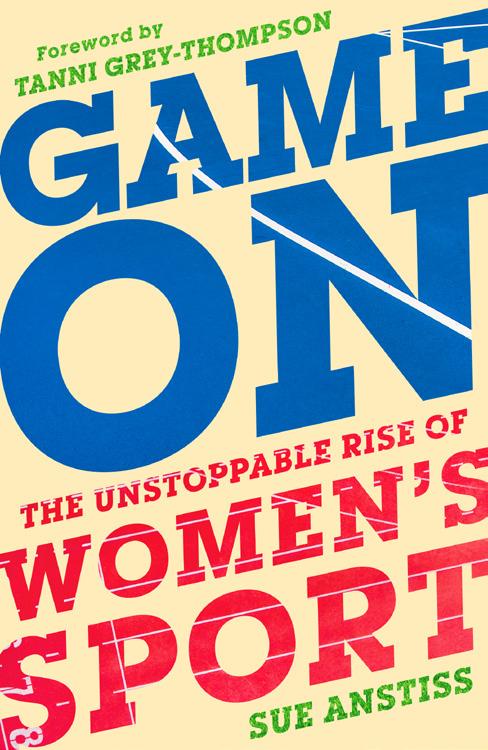
Katy Guest: What’s your own personal history in sport?
Sue Anstiss: I was sporty as a child growing up and I loved sport at school. I was in the netball team, and then I swam a lot, at county level, and then moved on to athletics. I studied sport at university and played volleyball there, which I loved. And then, in adulthood, I played netball with older women. I mean, we weren’t older when we started! At fortysix, I got into triathlon and competed for Great Britain as an age-group triathlete for three or four years. Now I just love open-water swimming and walking. I look at my friendship groups and the women I’ve known for decades and so many of them are the women that I’ve played sport with. It’s part of my professional life, clearly, but also very much part of my own life and enjoyment.
KG: What are the most egregious iniquities in sport?
SA: Oh, there are many! So much of it starts with visibility. My frustration is a lack of media coverage: we don’t see women’s sport and therefore it hasn’t had the investment. I learned a lot in researching the book – about the Victorian attitude to frail, weak women whose uteruses might fall out if they ran or walked, and that the FA banned women from playing football on their pitches for fifty years. It’s all those things that just stopped women from being allowed to do anything. So when sport became commercial, and about sponsorship and investment and coverage, women weren’t there for that so we’re now playing catch-up.
16
KG: What is Game On about?
SA: The book is my story of discovering the history of women’s sport and how we came to be where we are. It looks at a whole range of different areas: funding, the fans and spectators, media coverage and so on. It’s not an instruction book but I hope it will give people – men and women – the tools to call out this inequality, to talk about why it’s so important and to help make change happen.
Some of the historical stuff I discovered was quite shocking and surprising – more so when I looked back at what was happening in my lifetime. I’ve been a bit shocked at my own naivety in not realising how inequitable things were. Things have taken a while to change. I was very fortunate to talk to people from all areas of sport who have had a big impact – from sports scientists working with elite women’s sport, through to Olympians and Paralympians who have won medals, and those in the media and brands. I hope that people come away from reading the book feeling excited and positive and ready for the fight ahead.
KG: Why does all of this matter?
SA: It matters on many levels. It matters because we want to live in a fair and equal society where men and women of all backgrounds should have equal opportunities. Sport is such a massive and lucrative sector, so we wouldn’t want to exclude half the population from opportunities to work in such an important part of the economy. But more broadly than that, sport has such an important place in society. Culturally, it’s one of the few things that truly unites us all, and yet women for so long have been denied a place in that really important part of our lives. It influences all areas of society: women seeing that they can be coaches also see that they can be leaders. It’s so important for everything we do in life. So if we want women to be equal partners in society, then sport is a huge activator of that.
17
KG: Are things getting better or worse?
SA: I sometimes feel it’s a few steps forward and another one back, but things are definitely getting better. Even in the last decade we’ve seen significant change; since London 2012 there have been big shifts in terms of professionalism and funding of sport. There are many reasons for optimism. There were 1.2 billion viewers of the FIFA Women’s World Cup in 2019 and we’re seeing more and more women’s sport being publicised and backed, not just in the UK. Media groups such as the BBC and Sky are making a real commitment to women’s sport and making a change. There definitely is momentum. I look forward to looking back in another ten years and seeing where women’s sport has got to.
That said, the pandemic has illustrated some of the inequality that still exists. There’s still much change that needs to happen, but we’re definitely in a much better place than we were. Writing the book, it was hard for me to know when to stop, because each week there are more fantastic things happening. Long may it continue. I hope that the book plays a small part in helping to move things forward.
KG: What are some actions that people can take to make a positive difference?
SA: At the end of the book I list a few things that people can actually do to help make change happen: supporting and watching women’s sport; supporting those brands that do back women’s sport; being better educated so you’re able to argue the cause if you’re within a sports organisation…
KG: What’s your advice for any women or girls who want to get into playing some sport?
SA: Do it! I talk in the book about sport for development – what’s happening globally and why sport is so powerful for adolescent women and girls, and that’s really important. And I talk a lot about the importance of resilience, the ability to work as a team, being a confident leader, losing with humility, and of course the mental and physical fitness benefits… But we sometimes overlook the joy that it brings to life – all the fantastic things that come from just letting your hair down and playing sport and being with friends and enjoying it. So absolutely, I would say just go for it.
18
Find Game On on page 83
THE WILD SWANS
The Wild Swans is a beautiful and lyrical extended version of the fairy tale by Hans Christian Andersen, illustrated throughout with delicate full-colour watercolour paintings by author and illustrator Jackie Morris, whose pillow book The Unwinding was published by Unbound in 2020. In The Wild Swans, a girl loses her brothers when they are turned into swans by her wicked stepmother, and it falls on her to try and turn them back.
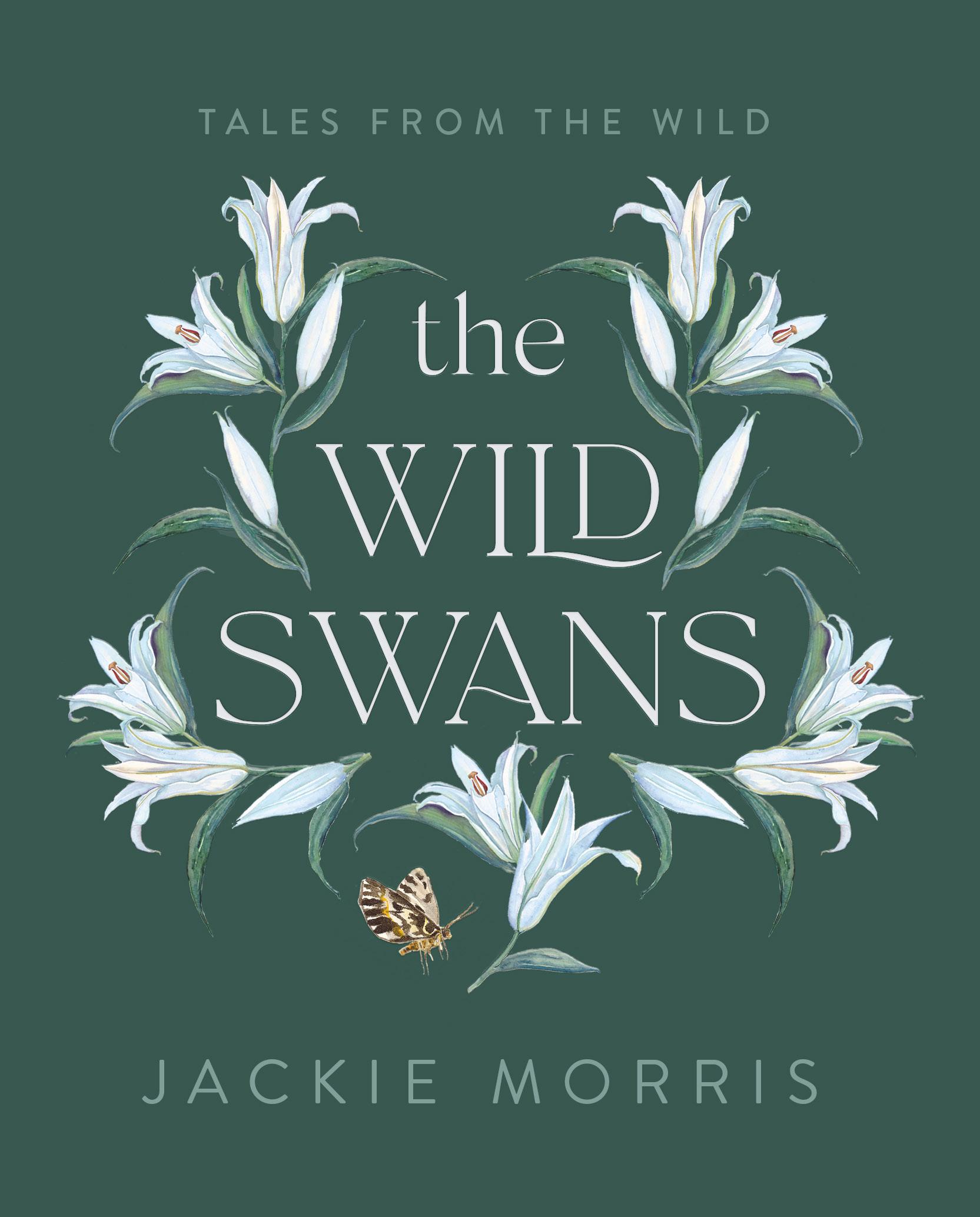
19
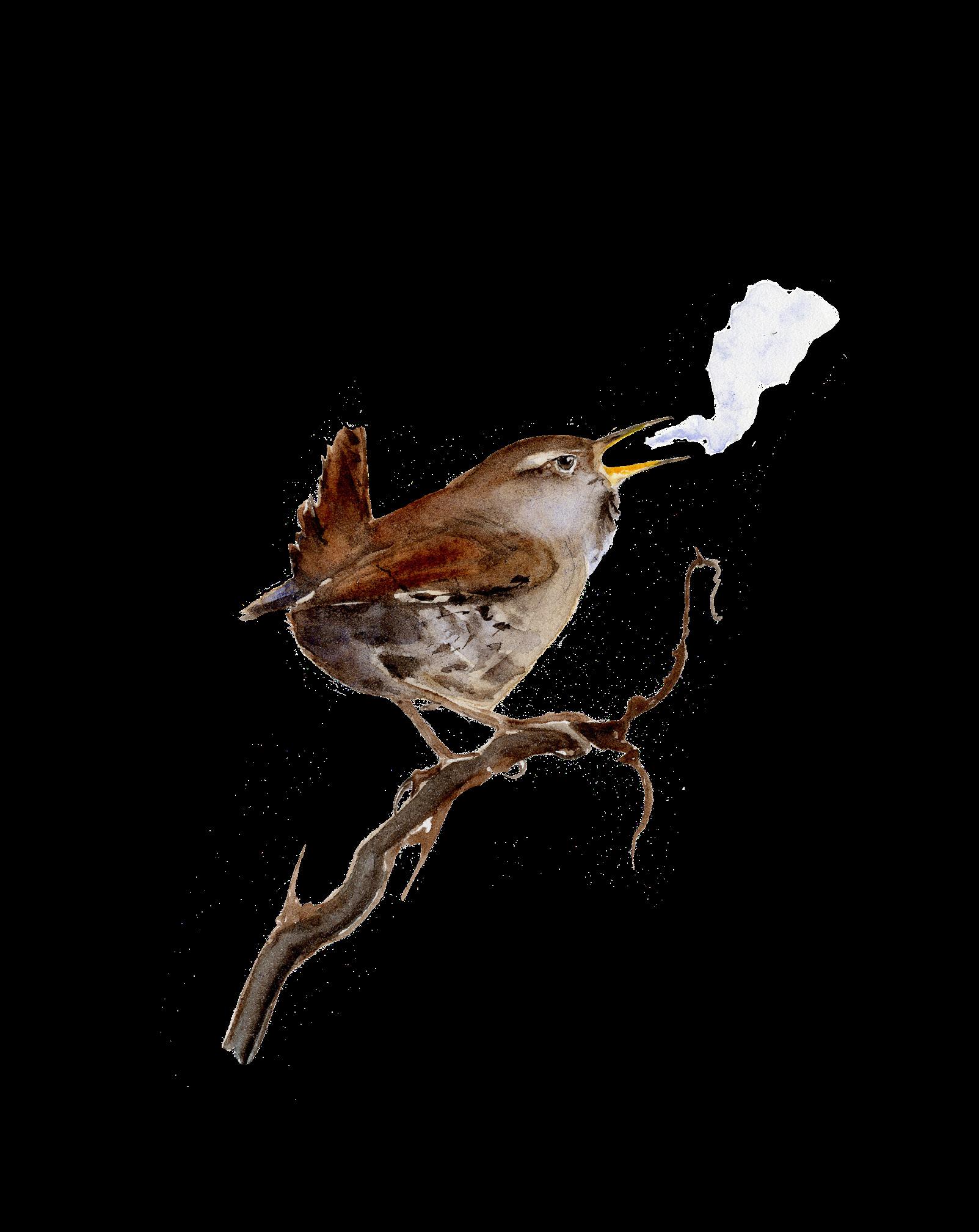
20 O ne bright spring day, when the earth’s crust held the bite of frost, the king ordered his horse to be saddled for the hunt. As the day began to break he rode into the forest, with just a handful of his closest friends and four of his best hounds.
Eliza had woken early and was sitting by the open casement window. She watched as they rode, her father talking with his friends, the horses made skittish by the strange iron earth beneath their hooves, clouds of breath steaming the twilight air and the birds just beginning to sing the sun to rise up. She smiled to see her father so relaxed, almost happy.
39
21
A dark cloud passed across the morning sun and up on the tower an ebony raven called out a warning. She shivered. Beside her the great hound whimpered.
Eliza leaned forward to pull the casement window closed and went to see if her brothers were awake.
Riding out from the castle, the king began to feel the weight of the kingdom lift from his shoulders. On horseback he felt free. Over the fields at a swift trot, fresh cold air, morning light, then into the woods where the air warmed just a little and affairs of state fell behind. Pheasants called, and foxes. They crossed the trail of a big cat, perhaps a lynx.
Deeper and deeper into the wood. After a while the king rode without thinking, feeling the sway of his hunter beneath him, watching the tree creepers climbing the trunks, squirrels leaping, and buzzards stooping below the winter-bone branches that were just beginning to bud with the fresh green shoots of spring. Now and again, when the wind blew, the tree branches would tap tap tap out the rhythm and rattle of a strange forest song.
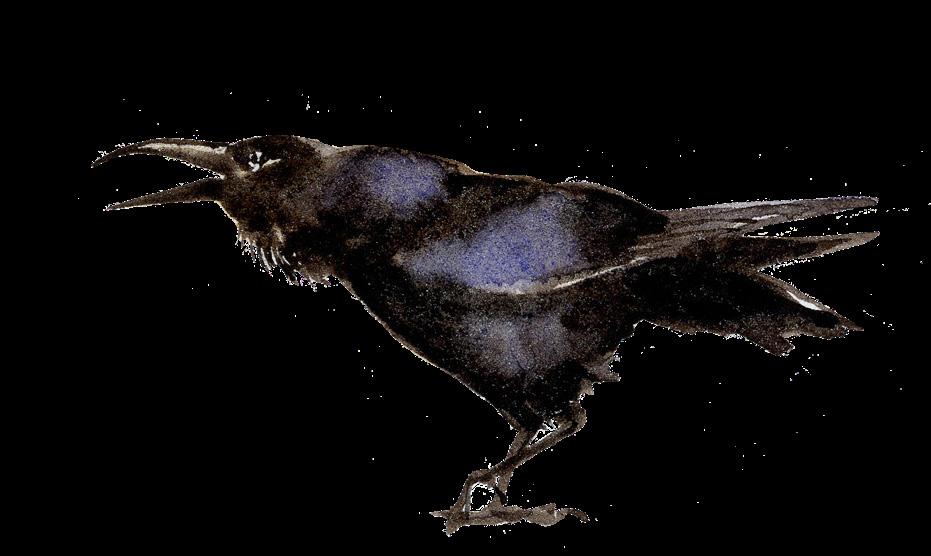
22 41
23







